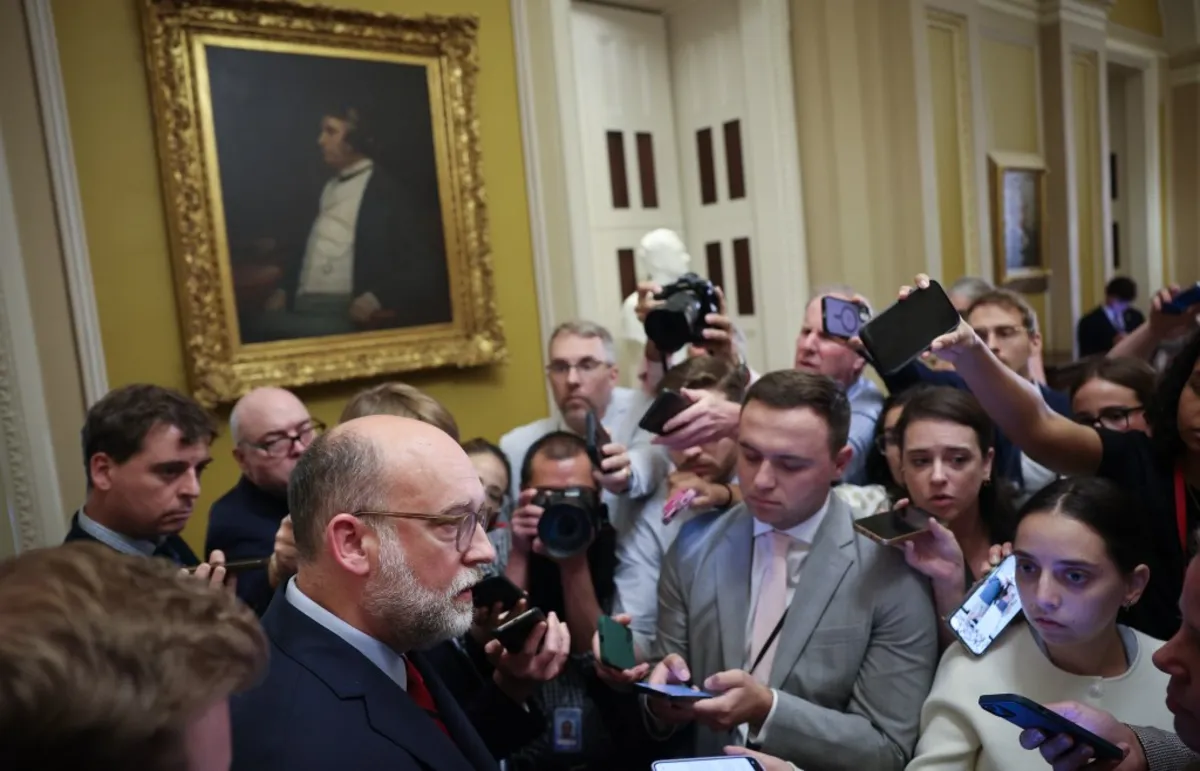
On Tuesday evening, the Senate voted to advance a significant funding rollback that targets $1.1 billion allocated to PBS, NPR, and other public media entities over the next two years. The tie-breaking vote was cast by Vice President JD Vance, resulting in a narrow 51-50 decision to move the rescissions package to the Senate floor. Notably, three Republican senators—Lisa Murkowski (R-AK), Susan Collins (R-ME), and Mitch McConnell (R-KY)—joined all Democrats and independents in opposition to the proposed cuts.
The proposed legislation aims to completely eliminate federal funding for the Corporation for Public Broadcasting, an organization established nearly 60 years ago to distribute grants to public media outlets. This funding rollback is part of a larger initiative that includes cuts to billions of dollars in foreign aid and health programs. In total, the bill seeks to claw back more than $9 billion in federal funding.
Historically, Republicans have pushed to eliminate public media funding, often citing alleged liberal biases in programming. The Trump administration was particularly vocal in pursuing this package of rescissions. On the Senate floor, Murkowski remarked, “If Republicans don’t like a left-wing bias at NPR, we can address that. That doesn’t mean we need to gut the Corporation for Public Broadcasting.”
Senator Mike Rounds (R-SD), who initially expressed reservations about the funding cuts, ultimately supported the package after assurances from the Trump administration regarding ongoing support for tribal radio stations. The political stakes are high, as Trump has indicated that he may withdraw support or endorsements from any lawmakers who oppose the cuts.
Congress faces a tight deadline, with a final vote expected in the next couple of days. If the package isn’t approved by Friday, the funds will remain intact in the budget. The House had previously passed this package with a narrow 214-212 vote last month.
House Speaker Mike Johnson voiced strong opposition to public media funding, stating, “This is in our view a misuse of taxpayer dollars. They’re biased reporting; they’re not objective.” He emphasized the need for a reevaluation of funding in light of the evolving media landscape, which now includes a variety of information sources.
In contrast, Senate Minority Leader Chuck Schumer (D-NY) delivered a passionate defense of public broadcasting. He highlighted that tens of millions of Americans depend on public media for essential services such as weather alerts, local news, and educational programming. Schumer warned that these cuts would disproportionately affect rural communities, particularly Native populations, stating, “The floods in Texas remind us that speedy alerts and up-to-the-minute forecasts can mean the difference between life and death.”
Schumer further criticized the rationale behind the funding cuts, suggesting they were being presented under the false pretense of eliminating waste. He argued that such measures are instead intended to finance tax cuts for billionaires, rather than serving the public interest.